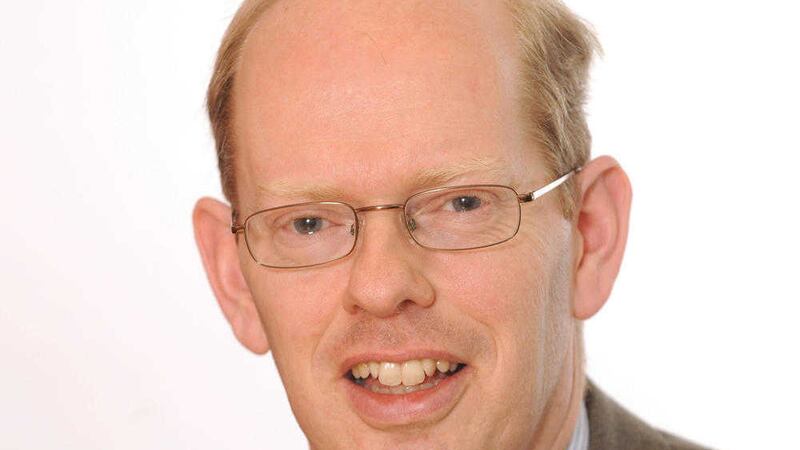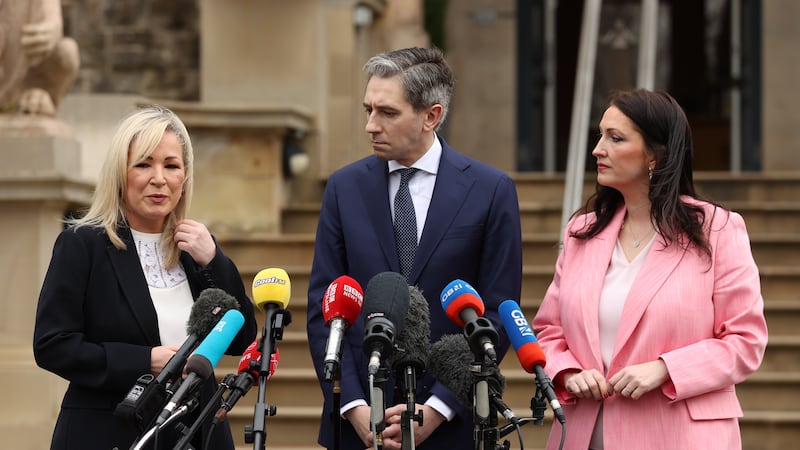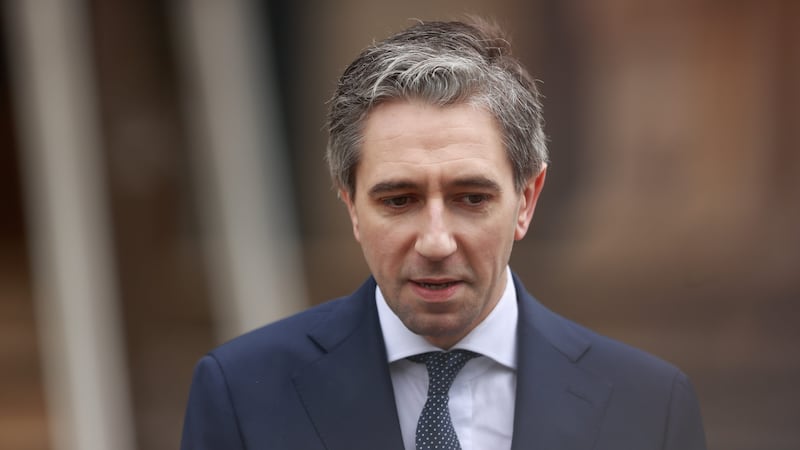A leading economist has warned that the Stormont executive will face "significant challenges" over the coming years as it seeks to pay for both benefits top-ups and a cut in corporation tax.
Esmond Birnie of PwC said a shrinking block grant and increased demands on the health budget are likely to place unprecedented pressures on the regional finances - and these will be exacerbated by the cost of welfare reform mitigation and slashing business taxes.
His warning comes after the assembly voted through next year's budget on Tuesday.
The vote coincided with the launch of Professor Eileen Evason's proposals for mitigating the impact of British government welfare reforms.
While the cost of her recommendations is some £84m less than was earmarked in November's Fresh Start agreement, if implemented in full they will cost the executive up to £149m a year.
The measures will be reviewed in 2018-19, around the same time corporation tax is devolved.
It has been estimated that cutting the business tax rate will cost the Stormont administration between £200m-£350m.
When coupled with paying top-ups to benefit cuts, the executive is faced with finding up to half a billion pounds extra from what is expected to be a shrinking pot.
Mr Birnie said following May's assembly election, Stormont's ruling parties would be expected to "demonstrate fiscal sustainability", which would likely take the form of a budget for the entire five-year mandate.
"There's no doubt that there will be challenges because the experience of the Northern Ireland budget process to date has been one of growing pressures – whether unforeseen or newly emerging," he said.
"The chancellor has already indicated that there will be cuts to the block grant and we can expect long-term pressures, particularly in funding health, plus other unforeseen developments, such as what's going to happen to the world economy, the eurozone economy and even the Barnet Formula – there's no end to the imponderables."
Mr Birnie said in the past the executive had demonstrated an "extreme reluctance" to consider revenue-raising measures.
"It's not just taxes and charges, such as introducing domestic water charges, there's also the issue of asset sales," he said.
"Past experience suggests they have been reluctant to phase out reduced tuition fees and free public transport for the over 60s, but when faced with significant challenges they may wish to keep their options open."








